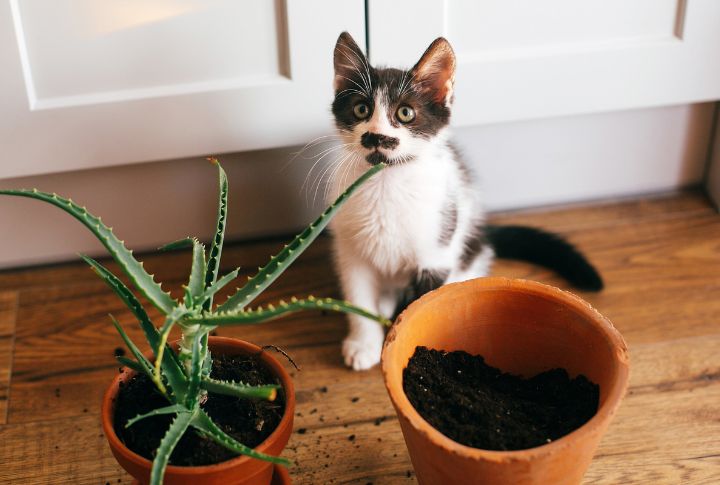
As much as we adore our succulents and how they brighten our homes, we also need to know the potential hazards these plants can pose to our cats. Educating ourselves about the risks and taking proactive measures to safeguard our pets can ensure a safe and harmonious living space for all family members. Let’s explore six reasons why succulents can be fatal to tabby cats.
Toxic Compounds
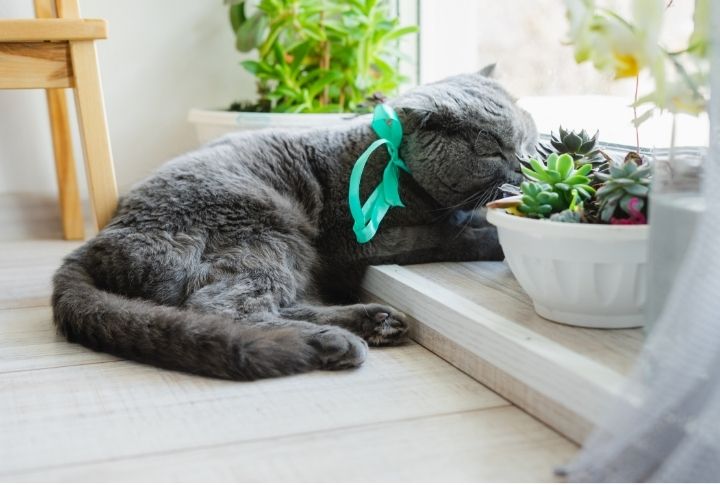
Cats may be harmed if they consume the poisonous substances found in succulents. These compounds, such as alkaloids and saponins, are natural defenses that plants have developed to deter herbivores. Unfortunately, our curious fluffy friends may not recognize the danger, leading them to chew on this appealing shrub.
Gastrointestinal Concerns
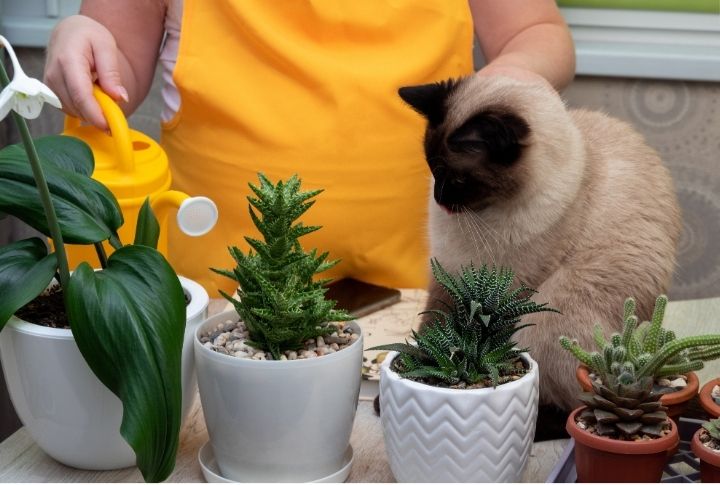
One of the most common consequences of succulent ingestion in cats is gastrointestinal distress. Signs may include vomiting, diarrhea, drooling, and abdominal pain. As expected, these cues can be distressing for the cat and their worried human companions, often requiring veterinary intervention to alleviate their discomfort.
Organ Failure
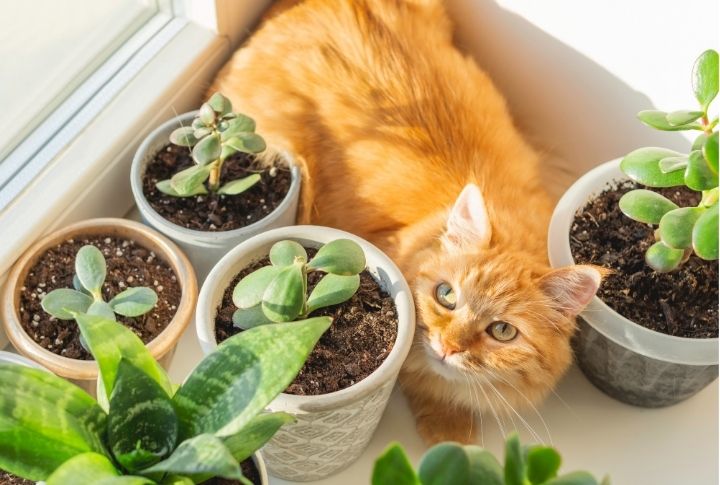
Certain succulents contain toxins that can cause damage to a cat’s internal organs if consumed. For instance, eating the jade plant (Crassula ovata) can lead to liver injury, while others may target the kidneys or cardiovascular system. Prompt medical attention is needed to reduce the chances of irreversible harm.
Respiratory Issues
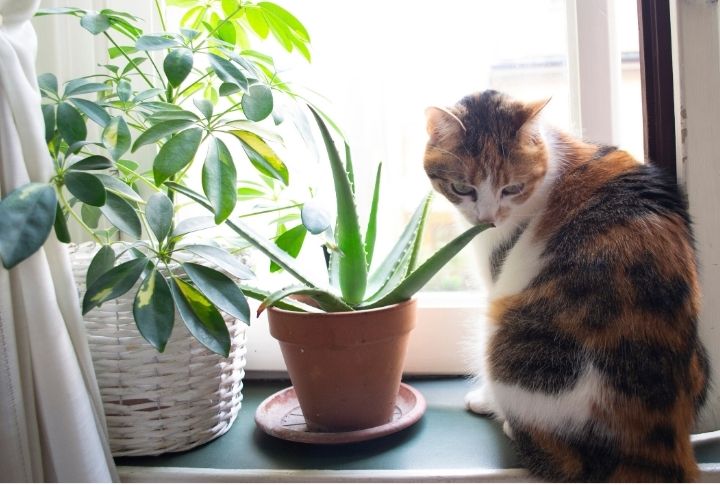
Some succulents can cause lung issues in cats, in addition to GI and organ-related problems. Inhaling irritant chemicals released by other foliage may result in coughing, sneezing, wheezing, or difficulty breathing. These symptoms require immediate assessment to maintain the cat’s respiratory health.
Neurological Impairment
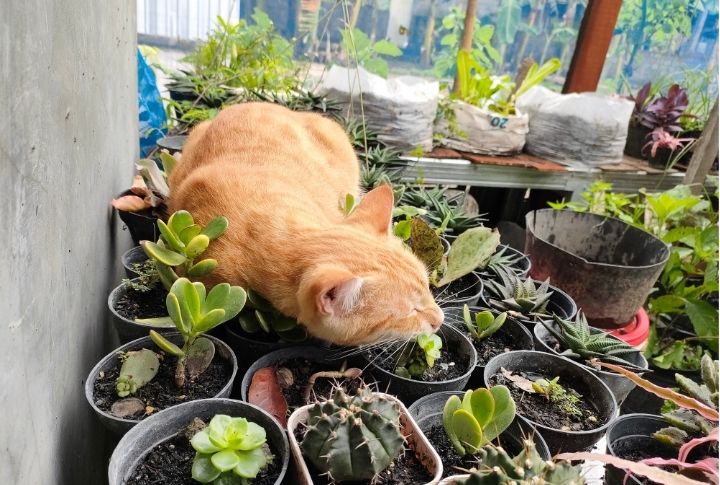
Neurotoxic components in specific succulents can impact a cat’s neurological system. If mistakenly eaten by a feline, these herbs can cause weakness, confusion, tremors, or seizures. You should take quick action because neuro effects can get worse quickly if you think your four-legged pal may have snacked on a deadly succulent.
Allergic Reactions
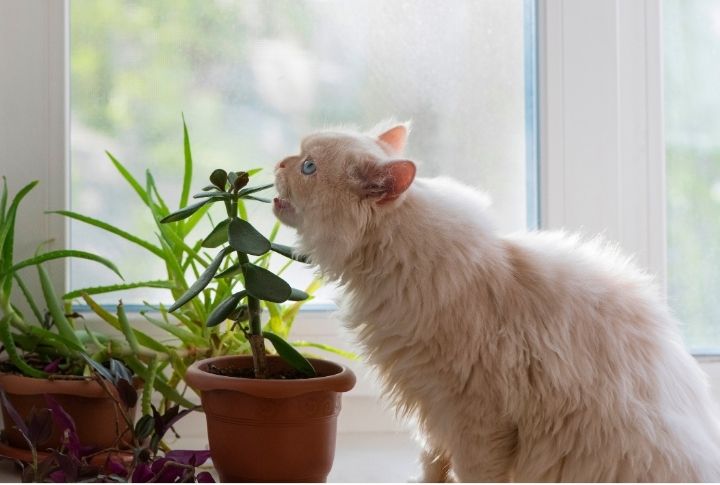
Lastly, cats may experience allergic reactions to succulents, manifesting as skin irritation, itching, redness, or swelling. While not all kitties will react adversely to these plants, monitoring your furry friend closely after introducing new greenery into your home environment is essential.

Comments
Loading…